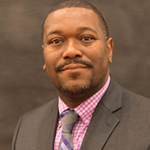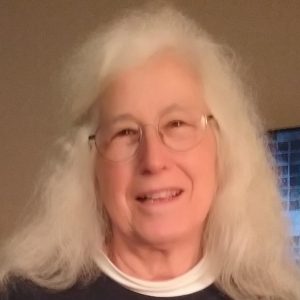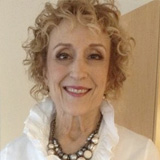Welcome Back
If you are a Program Participant, Program Facilitator, or JustFaith Network Member you are in the right place! Log in to see all your content.
Forgot your password?What our program participants are saying

It has been an honor to work with Rev. Kristin Dollar and the JustFaith Ministries Team to develop a module that boldly wades into the painful history of systemic racism. I sincerely believe the only way to build a better future is by creating partnerships across the lines of race that re-educate people about issues they were socialized to ignore. This module will provide what I call “new learning that transforms and informs” the kind of justice work that sets us on the path to healing and reconciliation.

Daily I am challenged to consider how my actions and purchases impact our earth and my neighbors. The Sacred Land, Sacred Air, and Sacred Water programs have helped me, as I advocate for change. Using the knowledge and resources from these modules and from fellow participants, I can send more-informed letters to my local, state, and federal politicians and agencies for environmentally sound actions and decisions.

One of the most important things I learned in this series is how much I didn’t know! I am far from alone: Our educational systems in the U.S. have white-washed our base of knowledge about our racial history. The readings, assignments and discussions in this series were constructive, even when difficult. We felt safe sharing our opinions, personal history and beliefs, and left empowered to take a stand against injustice. I cannot recommend this series more highly.
